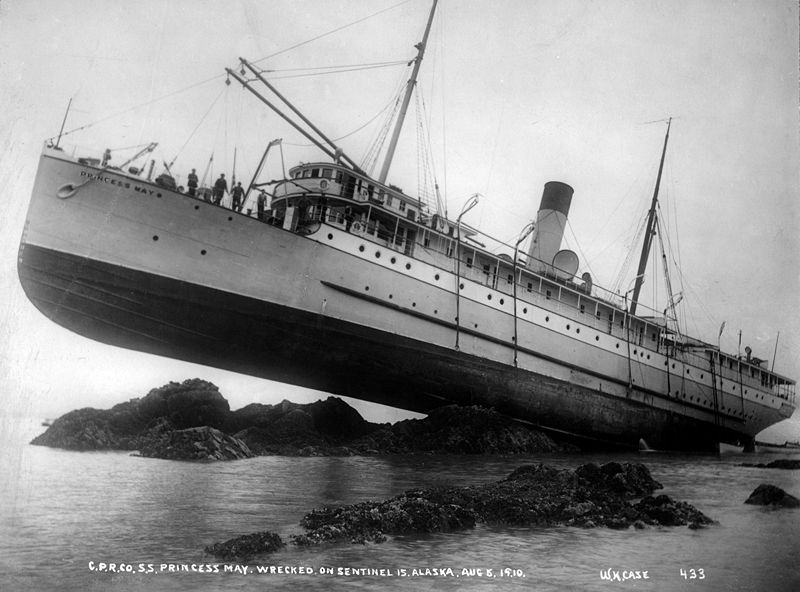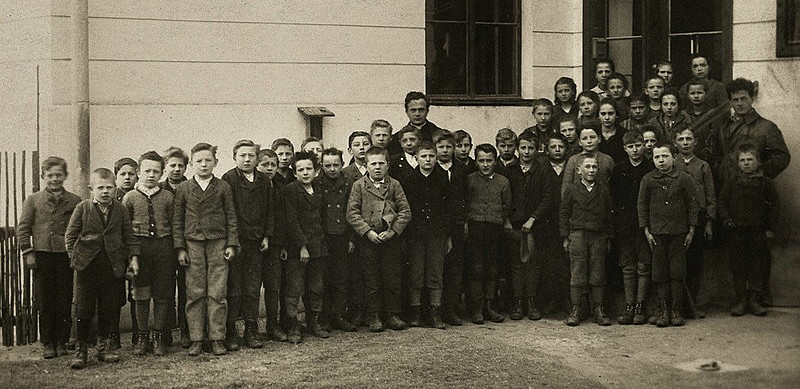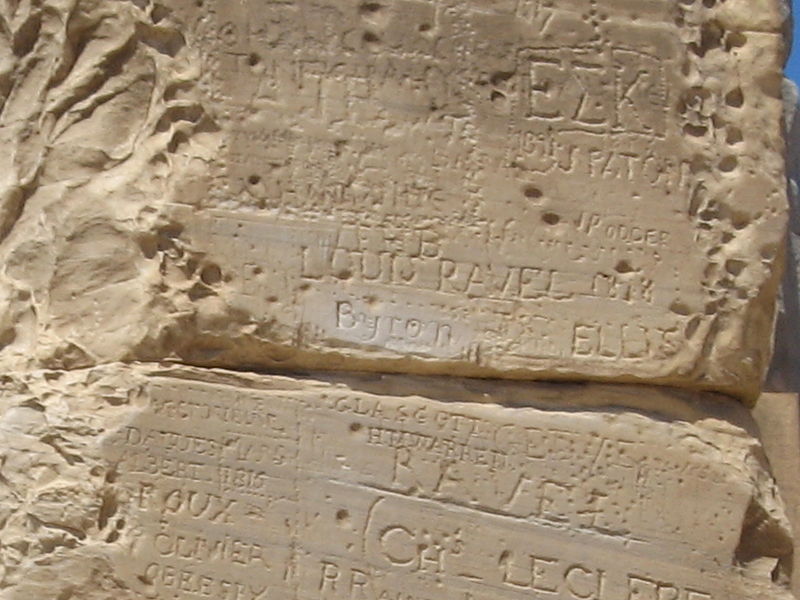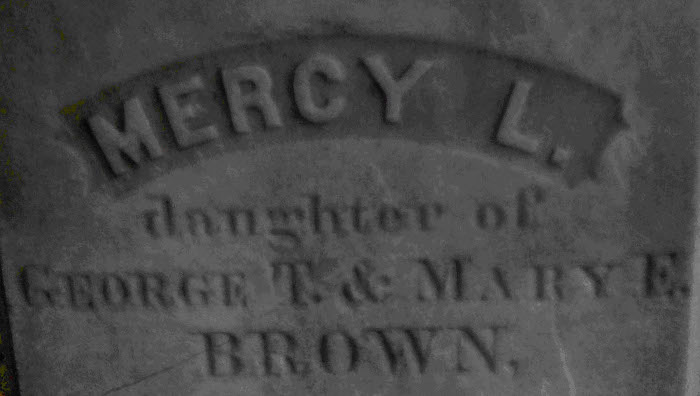Philosopher Nelson Goodman published this puzzle anonymously in the Boston Post in 1931, at age 24. He later called it “by far the most popular and widely circulated of all my writings.”
All the men of a certain country are either nobles or hunters, and no one is both a noble and a hunter. The male inhabitants are so nearly alike that it is difficult to tell them apart, but there is one difference: nobles never lie, and hunters never tell the truth.
Three of the men meet one day and Ahmed, the first, says something. He says either, ‘I am a noble’, or ‘I am a hunter.’ (We don’t know yet which he said.)
Ali, the second man, heard what Ahmed said, and in reply to a query, answered, ‘Ahmed said, “I am a hunter”.’ Then Ali went on to say, ‘Azab is a hunter.’
Azab was the third man. He said, ‘Ahmed is a noble.’
Now the problem is, which is each? How do you know?
|
SelectClick for Answer |
No one in this country can ever claim to be a hunter — a noble who did so would be lying, and a hunter who did so would be telling the truth. This means that Ali must have been lying when he attributed that claim to Ahmed — which tells us that Ali is a hunter. And if Ali always lies, then his statement that Azab is a hunter is false, which tells us that Azab is a noble. That means that we can trust Azab when he tells us that Ahmed is a noble.
(From Goodman’s Problems and Projects, 1972.)
|





